Townhall Times | New Delhi | 21 May 2025 On Wednesday, the Central Government argued before the Supreme Court that although waqf is an Islamic concept, it cannot be considered an essential part of Islam, and therefore cannot be treated as a fundamental right under the Constitution. Solicitor General Tushar Mehta stated before the court that the right to waqf property is a matter of legislative policy, which can be revoked by the government at will.
This statement came during the hearing on the constitutional validity of the Waqf Amendment Act 2025, in which the Centre’s claim—that it can nullify waqf-by-user claims made on public land—has been challenged.
Senior Advocate Abdul Rashid Quraishi: Waqf is Not Just “Charity”, But an Integral Element of Religious Tradition
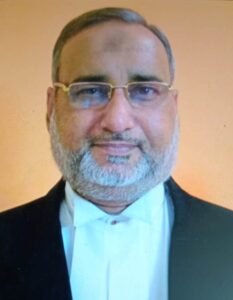
Advocate Abdul Rasheed Qureshi
Tushar Mehta’s assertion that waqf is “merely charity” and not an essential part of Islam is not only a superficial interpretation of Islamic principles but also distorts the core essence of constitutional religious freedom (Articles 25 to 28).
In Islamic tradition, waqf is regarded as a sacred duty linked to mosques, graveyards, madrasas, and public welfare. It is often referred to as a permanent form of ibadat (worship). In many countries around the world, it is recognized as an essential part of religious identity.
“Waqf is Not a Fundamental Right” – A Claim That Contradicts the Spirit of the Constitution
Religious freedom in the Constitution is not limited to worship alone—it includes the right to manage associated institutions, traditions, and properties. When Hindu trusts and Sikh gurdwaras can manage religious properties independently, declaring Muslim waqf properties as “mere legislative grace” is nothing short of discriminatory.
If waqf by user is rejected on the grounds that it is “not a fundamental right”, the question arises: will the Centre apply the same policy to Hindu temples, maths, and gurdwaras? Furthermore, such a law threatens to destabilize the very social fabric that the Constitution is meant to protect. Advocate Rashid warned that this could lead to a dangerous situation not only for society but for the nation itself if secularism is undermined.
Government as Both ‘Judge’ and ‘Decision-Maker’ – An Assault on the Soul of Justice
Mehta’s argument that revenue officers will determine which land is public and which is not is extremely dangerous. This amounts to placing the entire judicial process under administrative control.
The CJI’s objection—that under such a system, the government will make a claim on a property, investigate its own claim, and then proceed to take possession—is entirely justified.
This is a violation of the fundamental principle of natural justice (nemo judex in causa sua — no one can be a judge in his own case), and represents a mindset that seeks to place the government above the law.
Waqf Boards “Secular”, But Temple Trusts “Religious”? – A Case of Double Standards
Mehta’s statement that waqf boards are secular while Hindu trusts participate in religious activities presents a dangerous double interpretation.
If the waqf board is merely a “property management body”, then why abolish it at all? And if it is not religious, then how can the government ignore Section 3 of the Waqf Act 1995, which explicitly defines waqf in terms of religious and charitable purposes?
Law as a Tool to Grab Property?
Waqf by user—i.e., properties that have been used for religious purposes for years—can be declared waqf even without formal documentation.
Under the new amendment policy, the government can now seize such properties by calling them “unverified”. This is a direct threat to thousands of mosques, graveyards, and madrasas across the country.
Is this the secular Constitution of ‘New India’—where a particular community’s religious institutions are made vulnerable and uncertain?
The Centre’s stance is not just a legislative move—it reflects a mindset: one that, under majoritarian pressure, seeks to weaken minority institutions.
The Supreme Court must decide whether any government can be allowed to take into its own hands the power to strip away constitutional values.

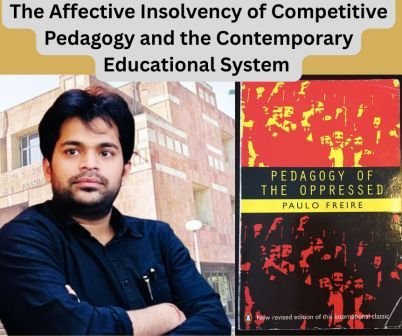

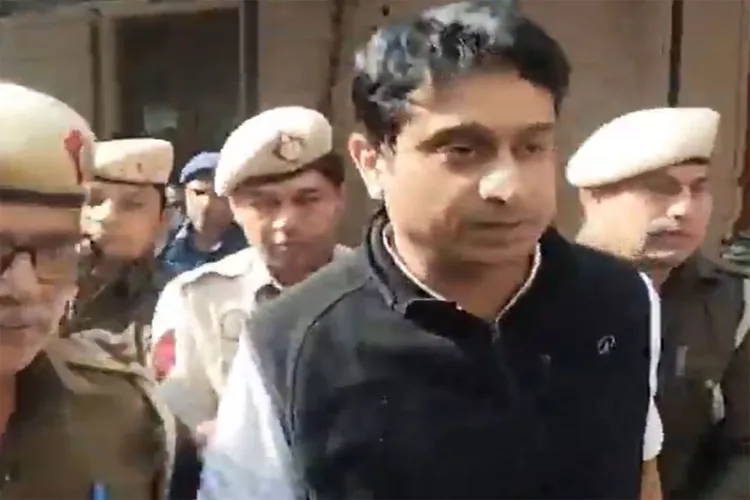
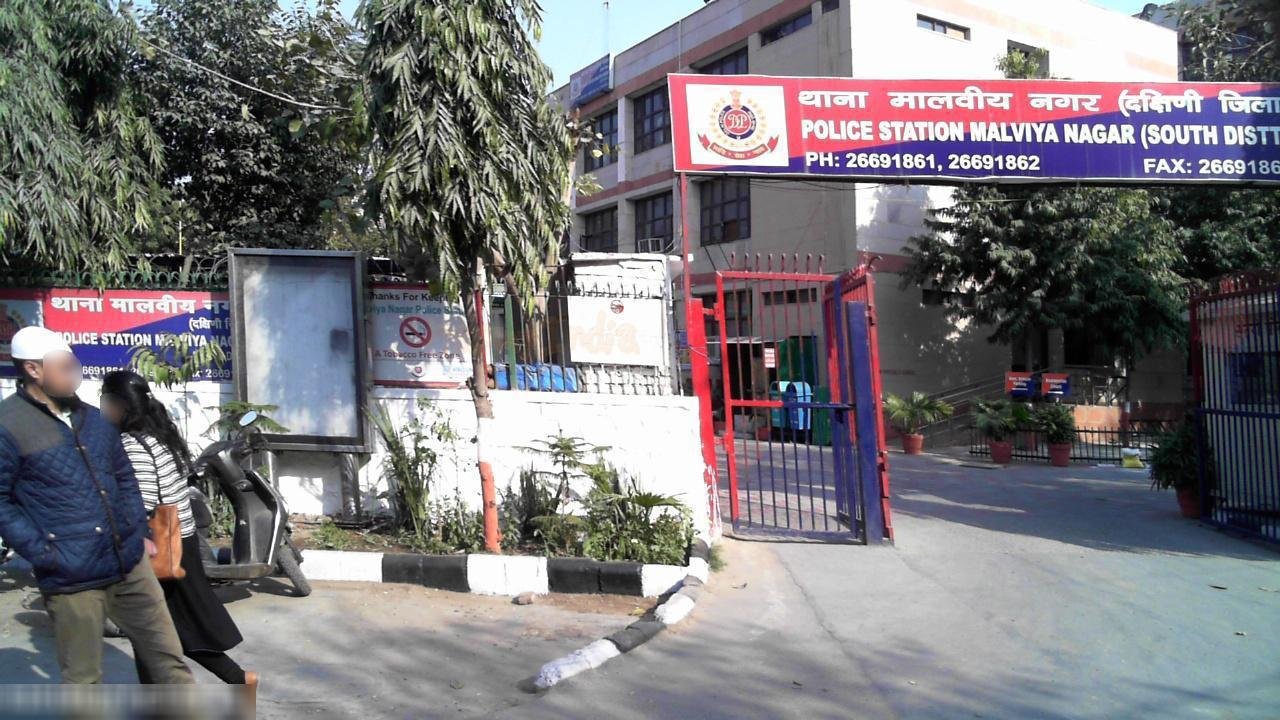

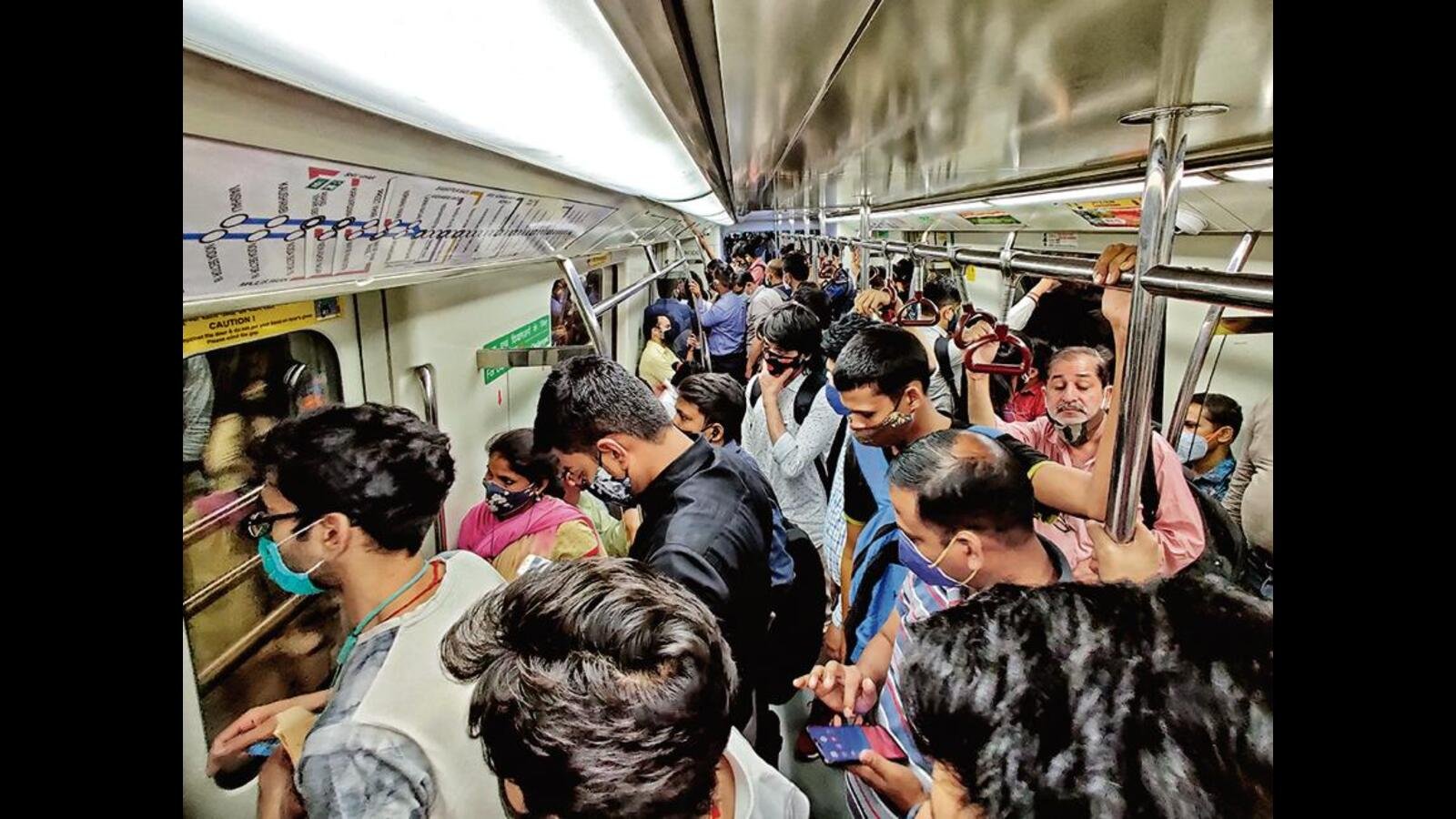
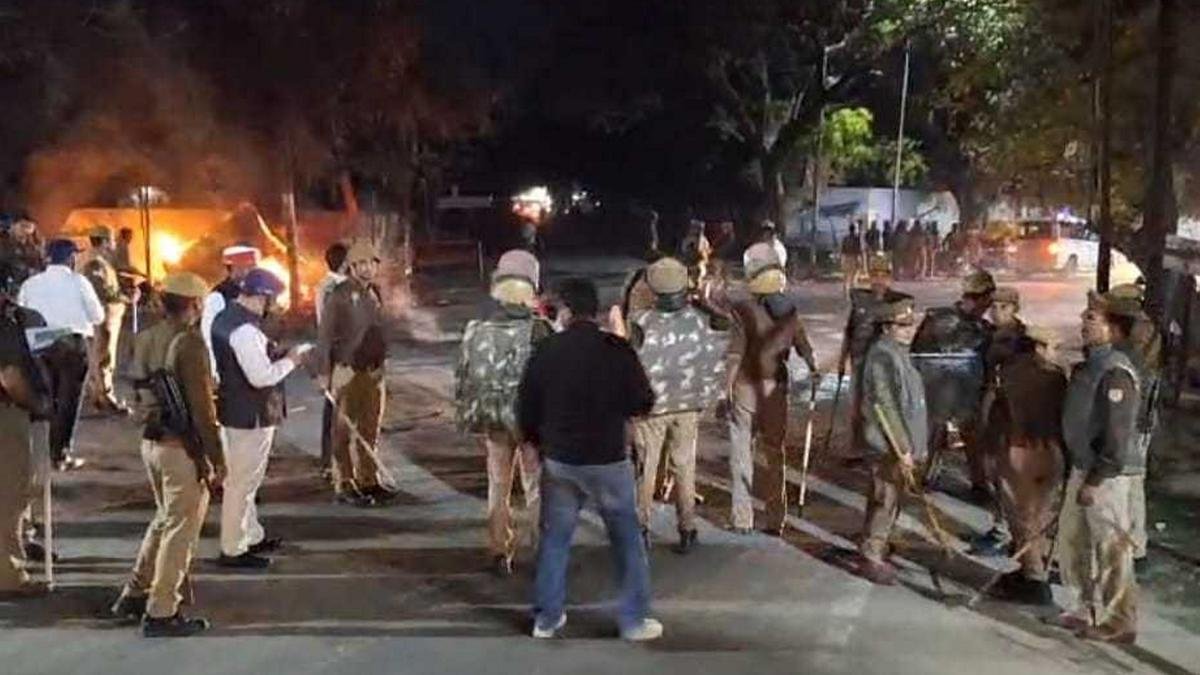
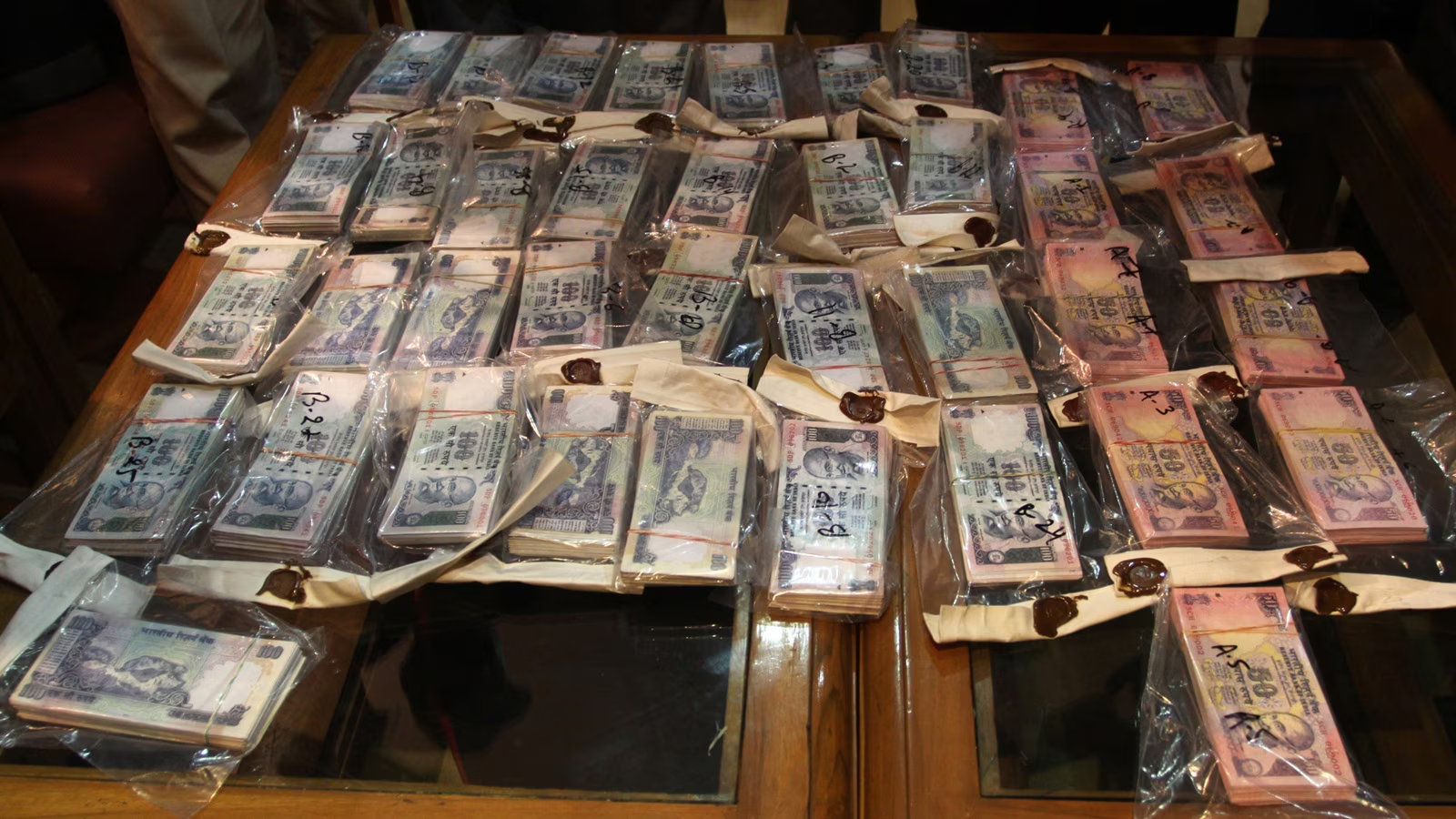
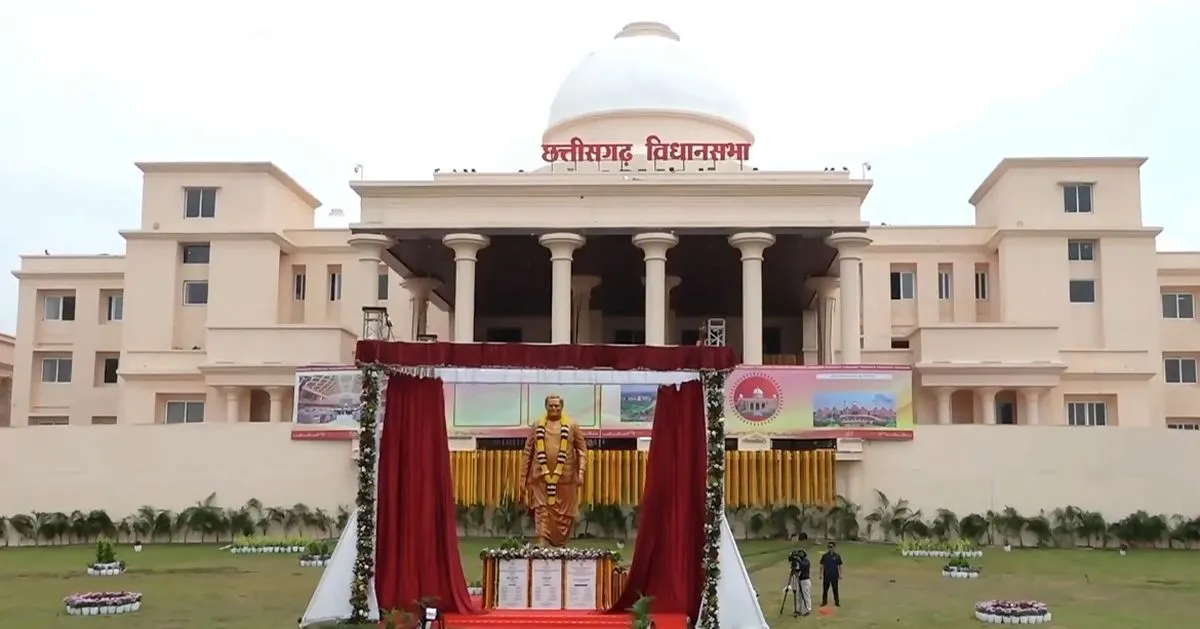


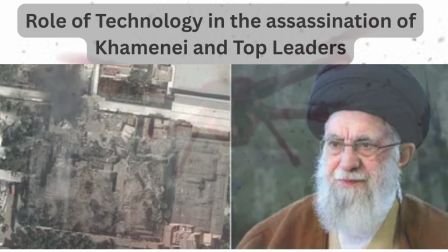
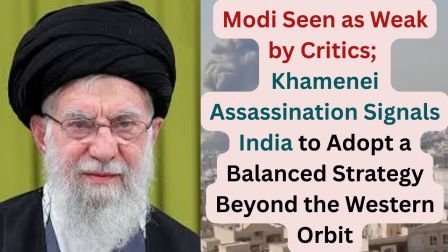
Leave a Reply